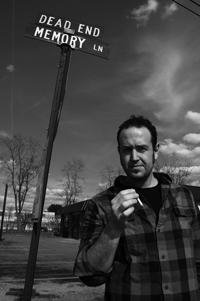A Quote by Ari Lennox
Artists tend to get this thing called demo-itis, and I'm extremely guilty of that.
Related Quotes
The artistic temperament is a disease that affects amateurs. Artists of a large and wholesome vitality get rid of their art easily, as they breathe easily or perspire easily. But in artists of less force, the thing becomes a pressure, and produces a definite pain, which is called the artistic temperament.
When people talk about imagination, they tend to think of fantasy or something made-up. But really imagination is a mode of perception. Which is maybe why so many artists have turned to the occult. Artists tend to feel like outsiders. Whether they are actually outsiders or not is also kind of irrelevant.




































